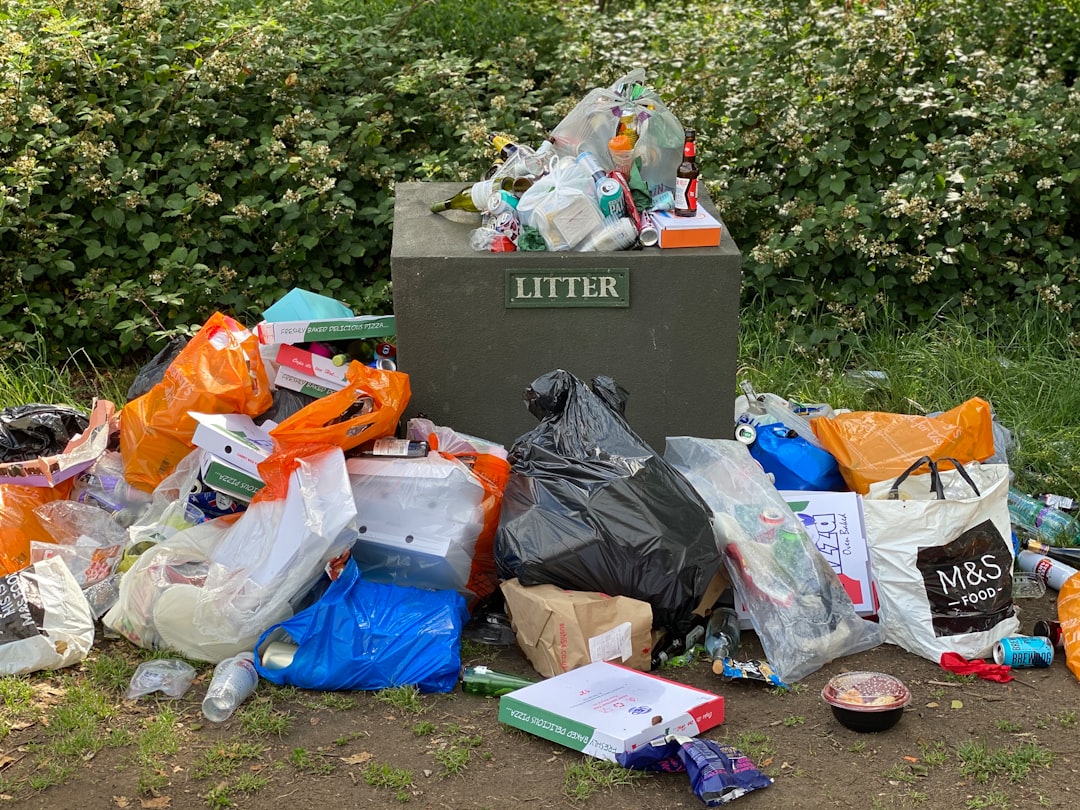Practical solutions to keep your compost pile healthy, efficient, and hassle-free
Composting is an excellent way to turn organic waste into nutrient-rich soil for your garden. However, even seasoned composters face occasional challenges such as unpleasant odors, slow decomposition, and unwelcome pests. If you're struggling with these issues, don’t worry—we’ve got you covered. Here's how to troubleshoot and resolve these common composting problems.
1. Odors: Why Your Compost Pile Stinks and How to Fix It
A healthy compost pile should have a neutral, earthy smell. If it starts to stink, something is likely off-balance.
Causes of Odors:
-
Too much moisture: Excess water creates anaerobic (oxygen-free) conditions, leading to foul smells.
-
Lack of oxygen: Compacted compost prevents airflow, resulting in a rotten smell.
-
Improper materials: Adding meat, dairy, or oily food scraps can attract bacteria that cause bad odors.
Solutions:
-
Balance green and brown materials: Ensure a proper ratio of nitrogen-rich greens (e.g., food scraps) to carbon-rich browns (e.g., dry leaves, paper). Aim for about 1 part greens to 2–3 parts browns.
-
Turn your compost regularly: Aerate the pile to introduce oxygen and prevent anaerobic conditions.
-
Absorb excess moisture: Add dry materials like shredded newspaper, straw, or sawdust if the pile feels too wet. Cover the pile during rainy weather to avoid waterlogging.
-
Avoid problematic ingredients: Refrain from adding animal products, oils, or large amounts of citrus, which can create odors.
2. Slow Decomposition: Why Your Compost Isn’t Breaking Down Quickly
A sluggish compost pile can be frustrating, especially when you’re eager to use that black gold in your garden.
Causes of Slow Decomposition:
-
Imbalance of materials: Too many browns or greens can stall the process.
-
Particle size: Large chunks of organic material take longer to break down.
-
Low temperature: Composting slows down in cold weather or when the pile isn’t insulated.
-
Dry conditions: If your pile is too dry, microbes and decomposers can’t do their job effectively.
Solutions:
-
Check your ratios: Maintain the right mix of greens and browns. If the pile is too dry, add more greens; if too wet, add more browns.
-
Chop and shred materials: Break down large items like branches, corn cobs, or melon rinds into smaller pieces before adding them to the pile.
-
Monitor moisture: The pile should feel like a damp sponge—not too dry or too soggy. Add water as needed.
-
Insulate your pile: During colder months, cover the pile with a tarp or move it to a sunnier spot to maintain warmth.
3. Pests: Keeping Unwanted Visitors Out of Your Compost
Pests like rodents, flies, and raccoons are drawn to compost piles when they smell food or find easy access.
Causes of Pest Problems:
-
Exposed food scraps: Visible food attracts pests.
-
Improper ingredients: Adding meat, dairy, or oily foods invites scavengers.
-
Easy access: Open or poorly secured compost bins allow pests to enter.
Solutions:
-
Bury food scraps: Cover fresh food waste with a layer of browns like dry leaves or soil to mask odors and hide it from pests.
-
Use pest-proof bins: Opt for compost bins with secure lids and fine mesh or small holes to block access.
-
Avoid certain materials: Keep meat, dairy, and greasy leftovers out of your compost pile. Stick to fruits, vegetables, coffee grounds, and yard waste.
-
Set traps or deterrents: If pests are persistent, consider humane traps or natural deterrents like cayenne pepper sprinkled around the bin.
Pro Tips for Healthy Composting
-
Turn your pile weekly: This keeps materials well-aerated and evenly decomposed.
-
Layer your materials: Alternate layers of greens and browns to maintain balance and airflow.
-
Add compost activators: If decomposition is slow, sprinkle in compost starter or a handful of garden soil to introduce beneficial microbes.
-
Be patient: Composting is a natural process that takes time. With proper care, your pile will eventually turn into rich, crumbly compost.
Conclusion
Composting is a rewarding process, but like any skill, it requires some fine-tuning along the way. Whether you’re battling odors, frustrated by slow decomposition, or warding off pests, the key is understanding the underlying cause and making adjustments. With these troubleshooting tips, your compost pile will be back on track in no time—creating nutrient-rich material for your garden while reducing waste.
Have your own composting tips or challenges? Share them in the comments below!

Comments
No comments yet. Be the first to comment!
You must be logged in to comment. Login